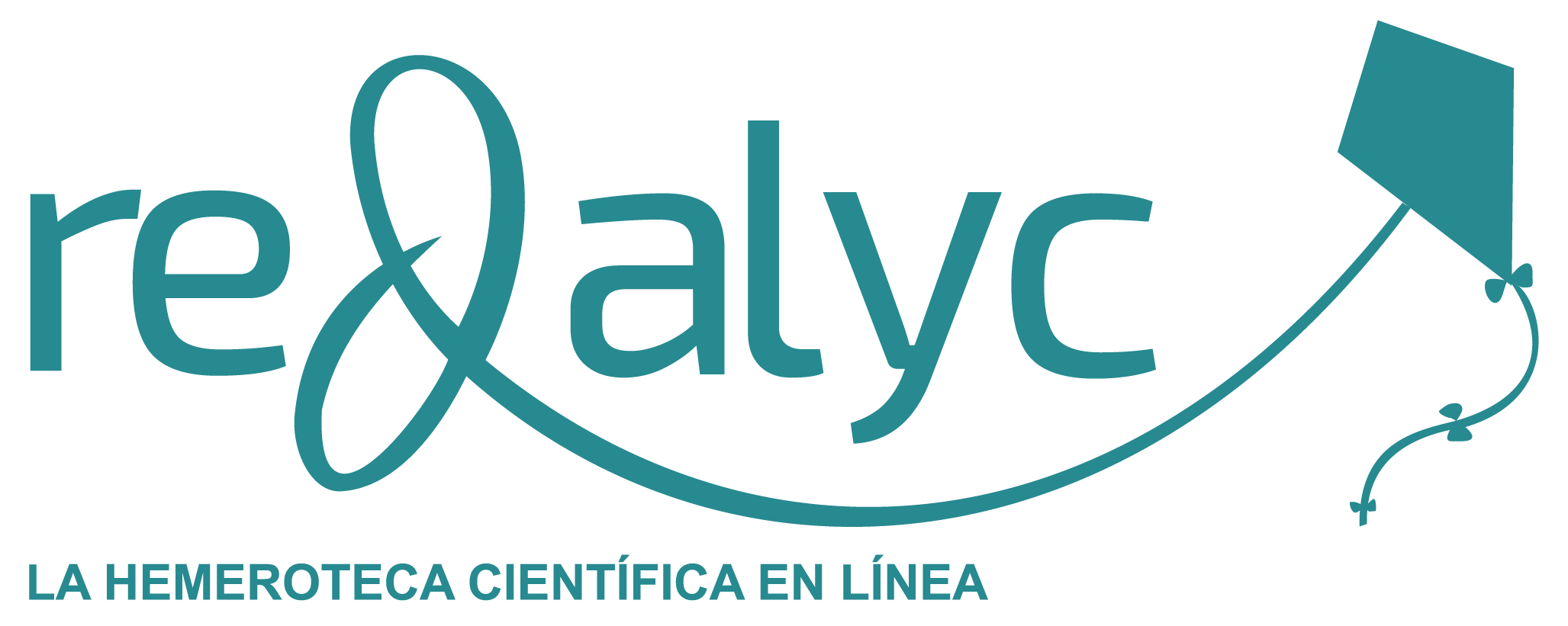In Argentina there has been a growing conflict about the use of pesticides and their impacts, mainly with regard to the air compartment and areas with close proximity between agricultural and residential land uses. The present study focuses on this problem in Oro Verde (Entre Ríos, Argentina) using the case study methodology. The aim was to examine the use of agricultural pesticides in urban-rural interface areas as a factor considered problematic by the local population and that affects the air quality in the locality analyzed. The study was conducted in 2016/2018, with a mixed methodological approach. The analysis of perception of the urban population through surveys and interviews with inhabitants who consider themselves affected showed that a large proportion of them identify this problem, emphasizing impacts on the air, and consider it unresolved. Although interviewees mentioned the proximity of the houses to the spraying as an important factor, they also considered that there are other routes of entry of pesticides, for which other solutions are necessary. Determinations of the herbicide glyphosate (GLP) and its metabolite aminomethylphosphonic acid (AMPA) in atmospheric deposition (15 sites- three sampling periods) showed their presence in both urban and rural areas, in 60% of the sampling sites. The second sampling period showed higher amounts of GLP+AMPA than the first (11.82 μg/m²/15 days). The differences were not attributable to the proximity to agricultural areas, so other factors determining their emission and environmental dynamics should be discussed. The integration and analysis of the population’s viewpoints of and environmental measurements are considered necessary to address socio-environmental problems and generate knowledge that can contribute to local planning and development.
Keywords: agrochemicals, atmospheric deposition, social representations.
RESUMEN
En los últimos años se evidencia en Argentina una creciente conflictividad respecto al uso de plaguicidas y sus impactos, fundamentalmente en lo referido al compartimento aire y a las áreas de interfase urbano-rural con cercanía de usos del suelo agropecuario y residencial. Esta problemática fue analizada en la localidad de Oro Verde (Entre Ríos, Argentina) mediante la metodología de estudio de caso. El objetivo fue analizar el uso de plaguicidas agrícolas en las zonas de interfase urbano-rural como un factor que se constituye en un problema para la población y que afecta la calidad de aire en la localidad. Se llevó a cabo en el periodo 2016/2018 y presenta un enfoque metodológico mixto. El relevamiento y análisis de percepción a la población urbana mediante encuestas y entrevistas evidenció que una gran proporción identifica esta problemática, enfatizando los impactos en el aire e incluso consideran que la misma no se encuentra solucionada. Si bien el factor “cercanía de las viviendas con respecto a las pulverizaciones” se remarca como un importante riesgo, se considera que existen otras vías de ingreso de plaguicidas, para lo cual son necesarias otras soluciones. Las determinaciones del herbicida glifosato (GLP) y su metabolito aminomethylphosphonic acid (AMPA) en la depositación atmosférica (15 sitios-tres periodos de muestreo) mostraron su presencia en este compartimento en zonas urbanas y rurales, con un 60% de sitios con detección. El segundo periodo present mayor carga de GLP+AMPA respecto al primer periodo (11,82 μg/m²/15 días). Al no encontrarse diferencias atribuibles a la cercanía con zonas agrícolas, se abre la discusión respecto de otros factores que se encuentran determinando su emisión y dinámica ambiental y frente a lo cual adquieren relevancia los puntos de vistas expuestos por la población. La integración y análisis de estos aspectos se considera necesario al abordar problemáticas socioambientales, generando conocimientos que luego puedan aportar a la planificación y desarrollo local.
Palabras clave: agroquímicos, depositación atmosférica, percepción social.
Contact: Seehaus, M.S. seehaus.mariela@inta.gob.ar
Doi 10.58149/4qc7-ty31











